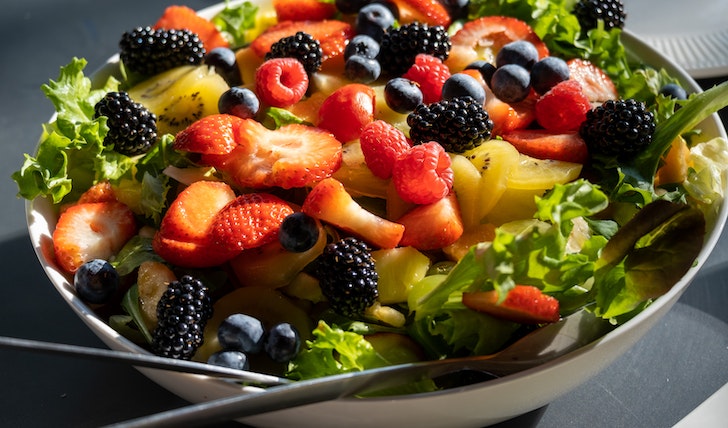Want to Boost Your Overall Well-Being? Consume Fiber-Rich Foods
Are you feeling sluggish and run-down lately? Do you often find yourself battling indigestion or bloating? Well, you are not alone. Thousands of people experience similar health issues that are often attributed to poor dietary habits. However, with a little effort and the right food choices, you can significantly improve your overall well-being.
One of the best ways to begin this journey is by consuming fiber-rich foods.

Joost / Pexels | Fiber-rich foods can help you boost your overall well-being.
What Are Fiber-Rich Foods, and Why Are They Important?
Fiber is an indigestible carbohydrate found in plant-based foods. It is essential in our diet because it plays a vital role in proper digestion, weight management, and overall wellness. There are two types of fiber: Soluble and Insoluble. Soluble fiber dissolves in water, forming a gel-like substance that slows digestion and helps you feel full and satisfied.
On the other hand, Insoluble fiber does not dissolve in water. This adds bulk to your stool, preventing constipation and promoting healthy bowel movements. Essentially, both types of fiber play important roles in maintaining good health.
Improved Digestion
Fiber-rich foods are excellent for maintaining digestive health. Fiber acts like a scrub brush as it moves through our digestive system. This cleanses the intestines, eliminates waste products, and prevents constipation.

Kampus / Pexels | There are two types of fiber: Soluble and Insoluble. And both are healthy for your overall wellness.
Eating fiber can reduce inflammation caused by digestive issues like irritable bowel syndrome and colitis. Likewise, it also aids in the absorption of nutrients and maintains a healthy gut microbiome that supports good health.
Weight Management
Fiber can also help you manage your weight. Since fiber takes longer to digest, it keeps you feeling satisfied for longer, reducing the urge to snack between meals. Additionally, it helps to reduce the absorption of calories from other foods, reducing your overall calorie intake.
Thus, consuming a fiber-rich diet can also reduce the risk of obesity, making it easier to maintain healthy body weight.
Reduced Risk of Chronic Diseases
Studies show that people who consume a high-fiber diet have a lower risk of developing chronic diseases such as heart disease, stroke, and diabetes. Fiber helps to reduce harmful LDL cholesterol levels, lowering the risk of heart disease. It also helps to regulate blood sugar levels. Thus, reducing the risk of developing type 2 diabetes.
Eating a diet rich in fiber can also reduce the risk of certain types of cancer and other inflammatory conditions.

Jane / Pexels | Looking to burn calories? Consume enough fiber-high foods.
How to Incorporate Fiber-Rich Foods Into Your Diet?
Adding more fiber to your diet does not have to be challenging or time-consuming. There are several ways to increase your fiber intake, such as:
– Choose whole-grain bread, pasta, and rice instead of their refined counterparts.
– Incorporate more fruits and vegetables into your diet as they are excellent sources of fiber.
– Add beans, lentils, peas, and chickpeas to your meals.
– Choose cereals made with whole grains and high in fiber.
The Final Word
Eating a fiber-rich diet can improve your overall health and well-being in several ways. It helps to maintain digestive health, aids in weight management, and reduces the risk of chronic diseases.
The best way to incorporate fiber into your diet is by consuming foods rich in fiber, like whole grains, fruits, vegetables, and legumes. Remember to drink plenty of water while consuming more fiber to help your digestive system run smoothly.